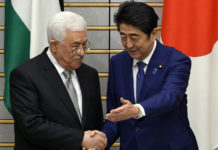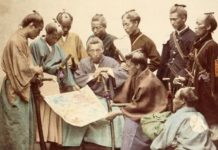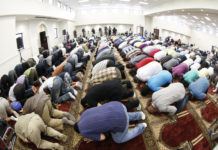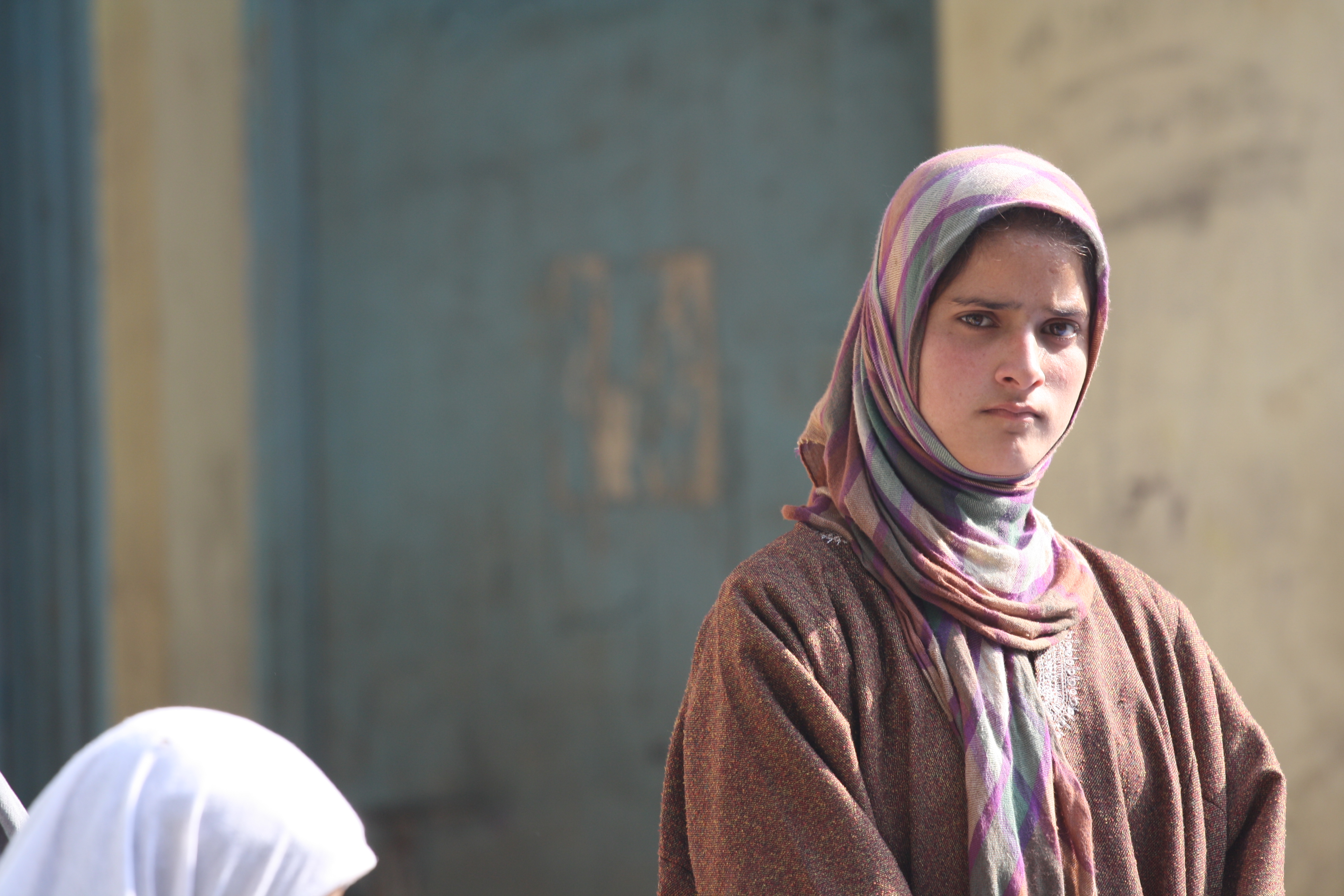When Jahangir , the fourth Mughal Emperor saw Kashmir , he could not control himself from saying these beautiful lines,
“Agar firdaus bar ru e zamin ast, Hami ast-o Hami ast-o”.
If there is heaven on earth, it is here, it is here, it is here.
And now, it is 2016, and Kashmir’s situation could not be any worse. On one hand India and Pakistan are fighting for the piece of land. However, on the other hand there are frustrated Kashmiris who want a separate country. The Kashmir conflict started as early as the partition of India and Pakistan in 1947. Both the countries wanted Kashmir. In the midst of chaos, Kashmir was lost. Today, the Kashmiris are as far from New Delhi as from Islamabad. Kashmiris are lost. But, who is to be blamed?
At the time of India-Pakistan Partition, the onus of decision regarding the accession of J&K was on Maharaja Hari Singh(the Maharaja of Kashmir). He, however, wanted to stay independent for the benefit of people. After few incidents, Muslim scholars made out that Maharaja might tilt towards India. Pakistan tried persuading Maharaja with Jinnah writing letters to him promising the best treatment. However hard Pakistan tried, the Maharaja was bent towards accession with India.
But Pakistan had made its mind and started with the damage. India became more adamant as J&K became an official Indian state. Azad Kashmir was also not happy because this was not what it wanted. The struggle continued.
While the rest of the Indian states were struggling with their own isues, Kashmir had a chaos of its own. Problems increased when it was more than a border issue. Militancy became prominent in the region in the 1980’s. Militants forced their way into commoners home. People were asked to cooperate in return of their lives. In 1990, the Indian government imposed the AFSPA Act in the state of Kashmir. And then there was Indian Army all over the Kashmir to combat militants. What the government failed to see was that there was a new generation growing up. These kids woke up every morning in the shadow of guns. They had a different kind of atmosphere around them. Their childhood was much different than any other Indian state’s child.
By the time the boys hit puberty, their goals change from becoming a doctor or engineer, to free Kashmir of the mess. Young boys were agitated. They just wanted an end to it. Many of the young men took matters in their hand because anyhow, they were in the trap. According to YouTube sources, boys as young as 13 years old were taken into police custody. Only after taking a huge amount of money, would they not file an FIR against them. Imagine how young were they when they saw it all. Can we blame them for growing a thick skinned and listening to their own voice rather than the government’s? The apathy from the young generation is very much natural. While the 90’s generation of other states are successful engineers, lawyers, architects, bankers etc, most of the Kashmiri men from that era are trapped in militancy , stone pelting or other forms of revolt. In the downtown Srinagar, stone pelting has become a weekly affair. Young boys under the name of ‘Tehreek-e- Sangbaz’ revolt against India using stones. In turn, the Indian Army fire pellet guns which according to India is non lethal. The irony is that these pellets have caused blindness to many Kashmiris and killed at least 15 since July 2016. It is disheartening. In a war for territory we have lost many bright minds. Did India and Pakistan ever think about that?
This violence and hatred has not spared the even the Kashmiri women. While rape is a big issue both in India and Pakistan, at least, it becomes an issue. The situation in Kashmir is worse. Some rape cases do not get the attention it should get due to the state of the land.
For example, the Kunan Poshpora Mass Rape incident did not even get investigated by Police. It was a shocking incident where more than 50 women of the village claimed that they have been raped by Army officers. Although the investigations conducted by the Indian government cleared the Army of all charges, the report could not come up with any substantial reason as to why such allegations were made at the first place. This should have been a matter of concern as to why would the women of Kunan Poshpora want to survive with such a social stigma. It should have been dealt with all the sensitivity, to find out the truth. If India says Kashmir is our own then the rights and protection of its women is the government’s responsibility as well.
The villages at the border have been more or less prone to the conflicts emerging between both the nations. Two generations have faced the wrath of this territorial dispute. Now, a third generation is on the verge of falling a trap to it. Can the governments for once think about the people of Kashmir and not just the land? For decades the land has seen oppression, war and grief. It is high time a resolution is found out to save the coming innocent generation. Let war not kill the innocence.
While the Kashmir at the side of Pakistan is full of young people who have a mindset that they want to avenge the blood of fellow Kashmiris from Indians. The side with India is upset with the AFSPA Act(Armed Forces Special Powers Act) , and it has just made matters worse. This act gives the Indian Army several rights which, which as reported by Kashmiris is misused time and again.
Why would a state face the wrath of two nations? This war was started even before this generation was born. Militants like Burhan Wani entered Militancy as young as 16 years old to fight for the specific aim. How disheartening. We as Indians hate him but he is praised in Kashmir. Did we ever try to understand the reason he is celebrated? And yes there is a reason. Most of the people in the valley believe that they are oppressed by the Indian Army. Hizbul Mujahideen used Wani as a face to let Kashmiris believe that there is a Messiah warrior who would fight for them and bring them out of this repression. While we condemn Kashmiris crying over the body of a militant, how many of us tried to understand their mindset.
More than the AFSPA, the government needs to know about the hopes, needs, dreams and troubles of Kashmiris. May be that would bring them closer to the nation and makes them realize India loves them as one of its own states.









